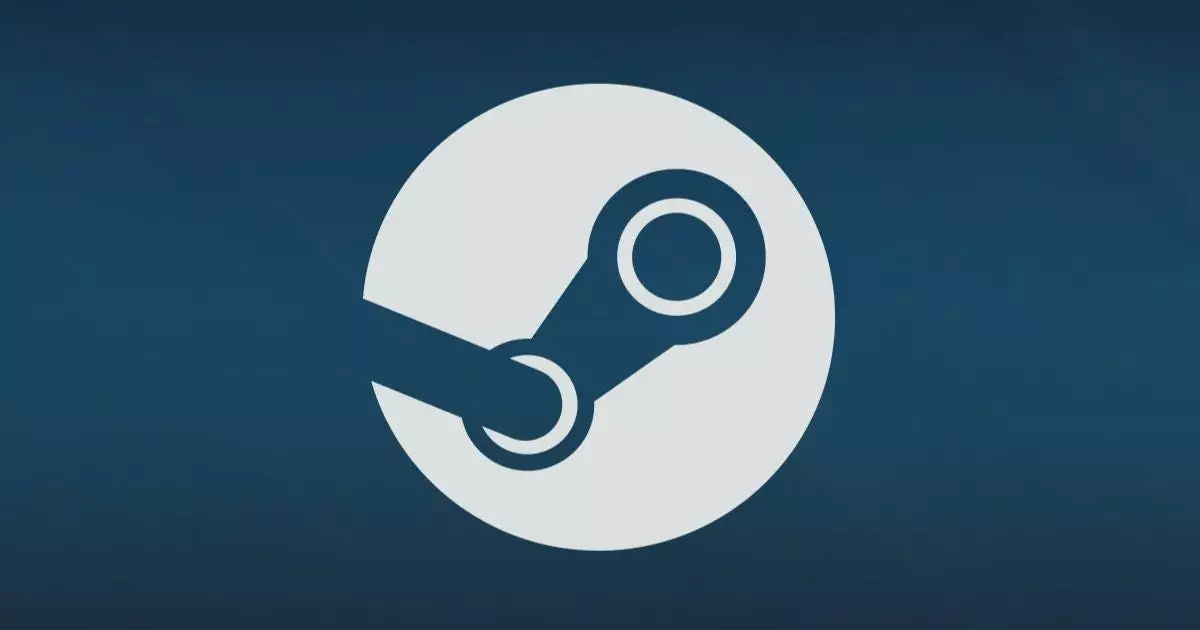Valve Corporation, the powerhouse behind Steam, has long sat at the zenith of the PC gaming ecosystem. Its 30% revenue cut on every game sold has been a contentious point for many developers and publishers. However, a recent development has shifted the legal landscape into a class-action lawsuit that now encompasses a multitude of stakeholders in the gaming industry. This article delves into the background of the lawsuit, the implications for the gaming ecosystem, and what a potential victory could mean for developers and consumers alike.
A Brief History of the Lawsuit
The legal saga began in April 2021, sparked by actions taken by Wolfire Games, the creators of Overgrowth, who accused Valve of antitrust violations. The crux of their argument hinged on the assertion that Valve’s significant dominance in the PC gaming market had enabled it to impose unfair pricing structures, artificially inflating game prices through its industry-standard commission rate. Wolfire’s allegations suggested that Valve coerced developers into maintaining higher prices, ostensibly to sustain its market position and profit margins.
Valve’s response was immediate and combative; the company contended that the 30% cut was the established norm within the industry. They dismissed Wolfire’s claims as baseless, arguing that the competitive landscape remained robust notwithstanding their fees. Despite Valve’s pushback, a noteworthy aspect emerged when the initial dismissal of the lawsuit revealed the fragility of Valve’s arguments regarding market freedom and competition.
Transformation into a Class Action Lawsuit
Following multiple legal maneuvers, including a 2022 court approval for Wolfire to refine its arguments, the lawsuit has now morphed into a class action suit. The significance of this transformation cannot be overstated: it not only broadens the scope of affected parties to include developers and publishers who sold games on Steam since January 28, 2017, but also empowers these groups to collectively challenge Valve’s potentially monopolistic practices. This collective dynamic means that if the plaintiffs prevail, financial repercussions for Valve could be monumental due to the expansive number of parties involved.
This class action classification enhances the stakes, as numerous industry professionals may see compensation for the high fees paid to Valve over the years. Notably, the presence of evidence from experts, such as economist Dr. Steven Schwartz, will also play a critical role in framing the dialogue around Valve’s practices.
For many developers, the Valve lawsuit represents an opportunity to voice frustrations they have felt for years but lacked a concrete platform to express. By binding together in this lawsuit, smaller studios might find themselves in a formidable position against a giant. The psychological aspect of collective action often galvanizes entities that may feel otherwise overwhelmed by a corporation of Valve’s stature.
Conversely, the implications also raise questions about the long-term sustainability of Steam as a marketplace. If Valve faces significant monetary penalties or is compelled to alter its pricing model, it may also stimulate competitors to rethink their own revenue structures. Platforms such as the Epic Games Store and Microsoft Store may find themselves in a stronger position should Valve be forced to lower its commission rates, potentially leading to a more equitable environment for game distribution.
So, what happens if Wolfire and Dark Catt succeed in their legal battle? The ramifications could ripple throughout the entire PC gaming industry. The injunctions might transform not only Valve’s business practices but could also serve as a template for other digital distribution platforms to reevaluate their commission models. In a broader sense, success for the plaintiffs may bolster the ongoing fight for fair revenue shares and more balanced negotiations between developers and platform holders.
A positive outcome could embolden other aggrieved developers in the industry, prompting further scrutiny and potential legal actions against similar practices across various platforms. In the long run, this could foster an environment where the development and publication of games are more equitable and sustainable. However, amid these considerations, one cannot ignore the complexities and challenges inherent in class action lawsuits, including funding legal expenses and gathering adequate evidence.
In summarizing the unfolding class action lawsuit against Valve, it becomes evident that this legal struggle has wider implications that go beyond the interests of the involved parties. It speaks to fundamental questions about competition, fairness, and the role of major players in the PC gaming ecosystem, fostering discourse on how we define success and fairness in the evolving digital marketplace. As all eyes remain fixed on the proceedings, this case could very well punctuate the narrative of independent developers and large platforms, prompting a reevaluation of power dynamics within the gaming industry.


Leave a Reply